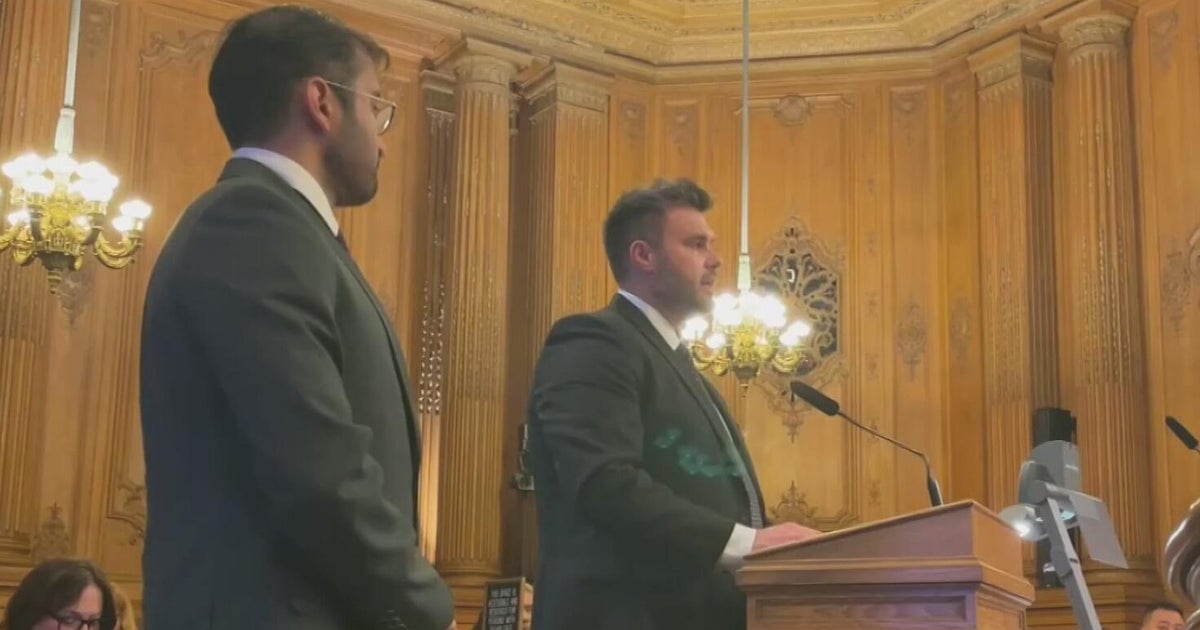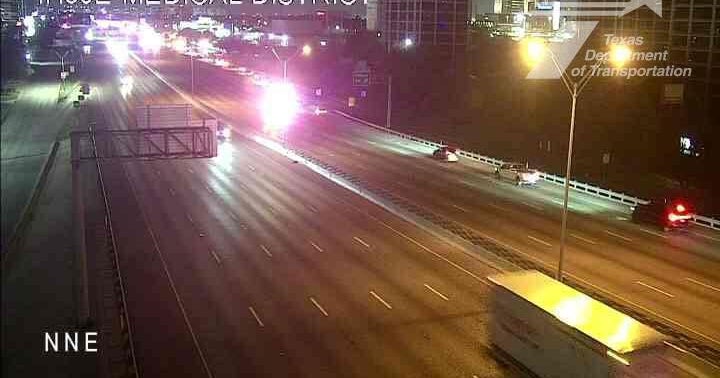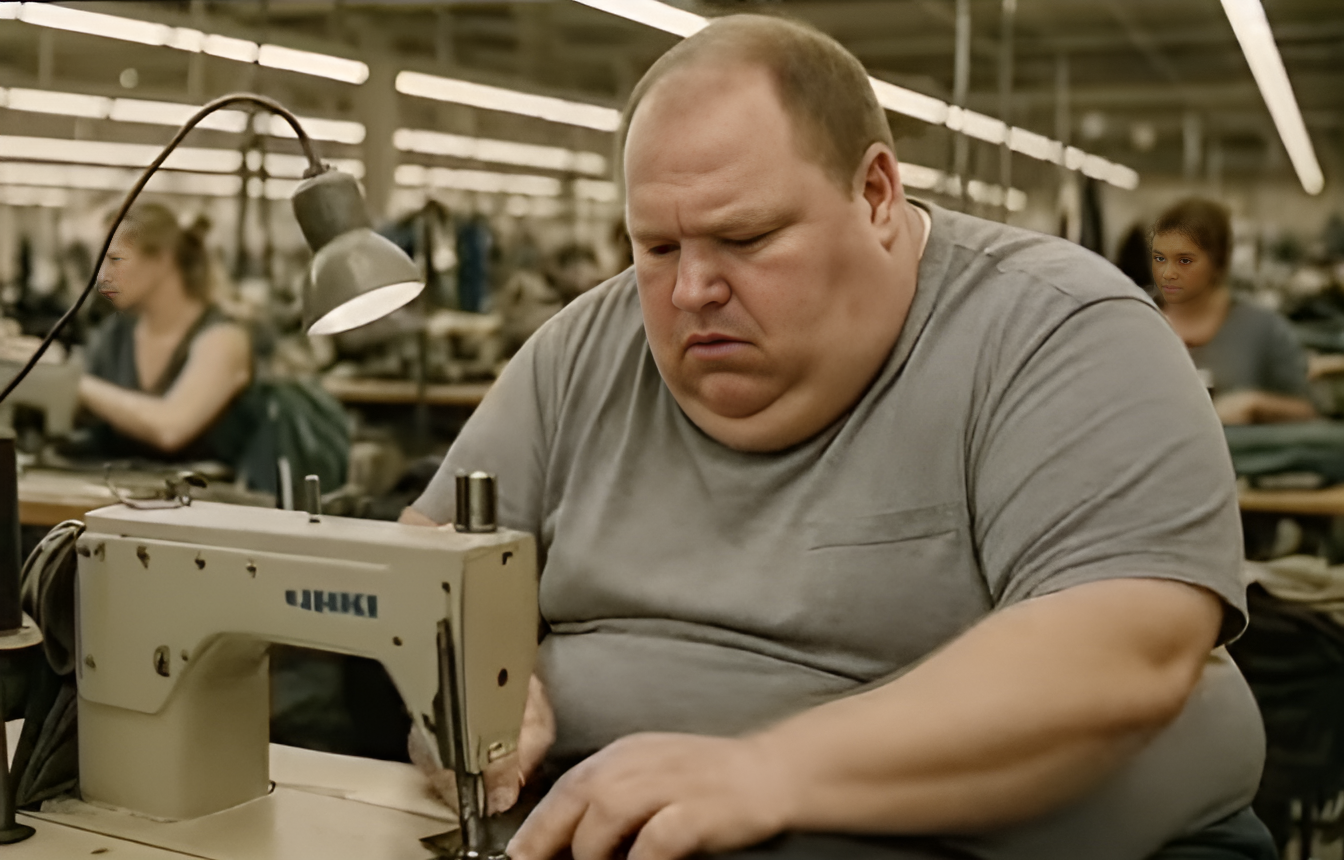Who's afraid of driverless cars? Nearly everyone
When it comes to getting fleets of driverless cars onto American roads, the biggest challenge may be public acceptance. A just-released poll by AAA finds that 78 percent of Americans are afraid to ride in a fully driverless car.
On the other hand, a majority of respondents are interested in adding certain autonomous features to their next car. Automatic emergency braking, adaptive cruise control and self-parking technology all seem desirable in a setting where the driver still has control.
“A great race toward autonomy is underway, and companies are vying to introduce the first driverless cars to our roadways,” said Greg Brannon, AAA’s director of Automotive Engineering and Industry Relations. “However, while U.S. drivers are eager to buy vehicles equipped with autonomous technology, they continue to fear a fully self-driving vehicle.”
Not only are respondents to the poll afraid to ride in a fully driverless car but they’re also wary about sharing the road with such vehicles. Of those polled, 54 percent said they would feel less safe with autonomous vehicles on the road.
In fact, test versions of driverless cars are already out there in many locations. Eleven states have passed legislation that allow testing of them on their roads. However, such laws usually require that a human driver also has to be in place as a safety backup.
The AAA poll produced these additional findings:
- Women (58 per cent) are likely to feel less safe sharing the road with autonomous vehicles than men (49 percent).
- Baby boomers (60 percent) are more likely to feel less safe with driverless cars on the road than Gen X (56 percent) or millennials (41 percent).
- Millenials (70 percent) are more likely to want advanced safety technology in their next cars than Gen X (54 percent) or baby boomers (51 percent).
AAA officials said they believe Americans will become less fearful of self-driving cars as they become more familiar with them. The organization itself is undertaking a test program to measure safety and effectiveness of autonomous vehicles.
When it comes to auto safety, the stakes are high in moving toward autonomous vehicles. “Every year, we lose approximately 35,000 people on America’s roadways, most as a result of human error,” said Jill Ingrassia, AAA’s managing director of Government Relations and Traffic Safety.
“Connected and automated vehicle technologies have the potential to dramatically reduce this number,” she said, “and automakers, government agencies and safety organizations like AAA must continue working together to ensure that these new vehicles are safely tested and deployed.”



